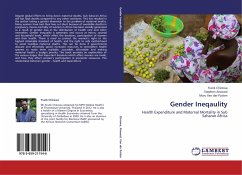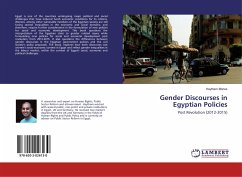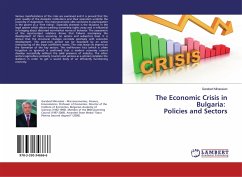Despite global efforts to bring down maternal deaths, Sub Saharan Africa still has high deaths compared to any other continent. This has resulted in the author taking a gender dimension to the problem of maternal deaths. Many women have had their lives cut short because of avoidable deaths in pregnancy. Excess mortality of women in Africa has been socially generated as a result of gender bias in the distribution of health care and other necessities. Gender inequality is systematic and occurs at macro, societal and household levels, which affect the decisions, participation of women and their health. There is need to protect the women s right to the highest attainable standard of health, and the right to safe motherhood to avoid needless maternal deaths. This can be done if governments allocate and effectively spend increased resources to strengthen health systems to make them available, accessible, affordable and making maternal health a budget priority. This book provides an explanation of the various stages that important decisions which affect women are made, and how they affect women s participation in economic resources. The relationship between gender , health and expenditure
Bitte wählen Sie Ihr Anliegen aus.
Rechnungen
Retourenschein anfordern
Bestellstatus
Storno








